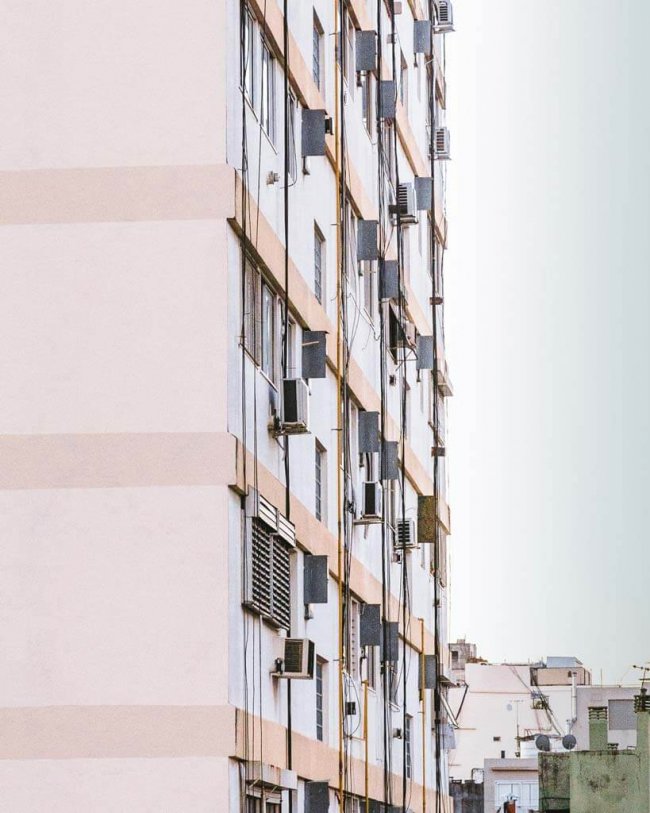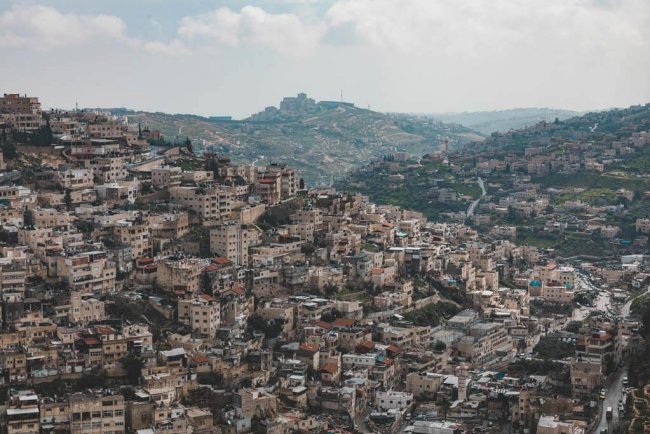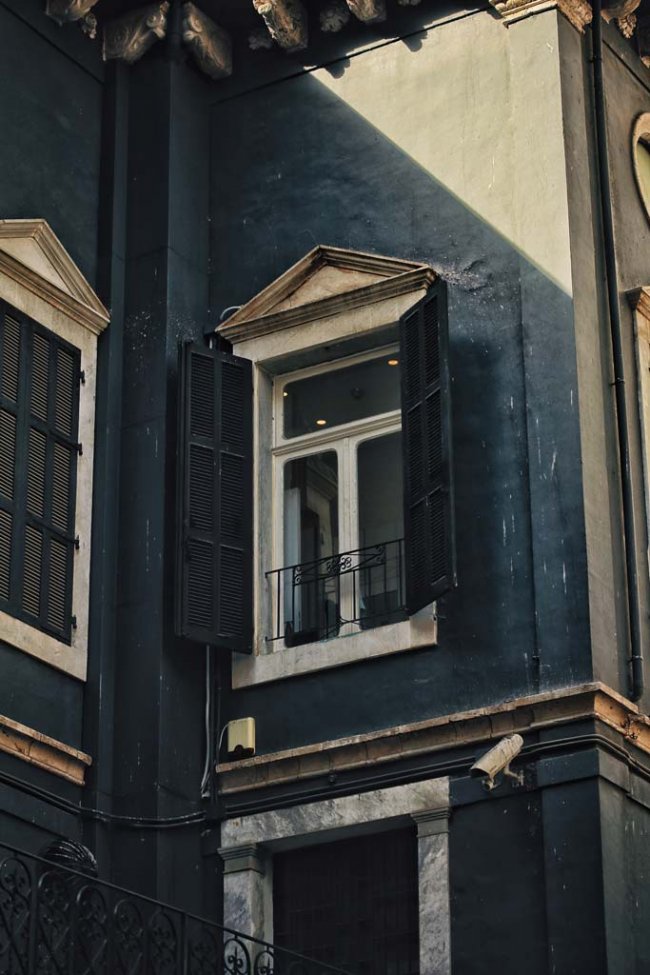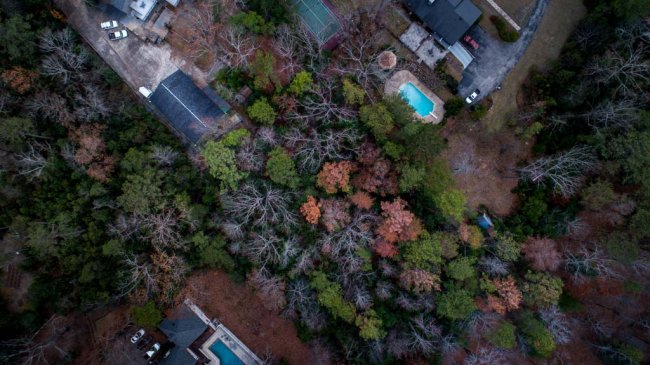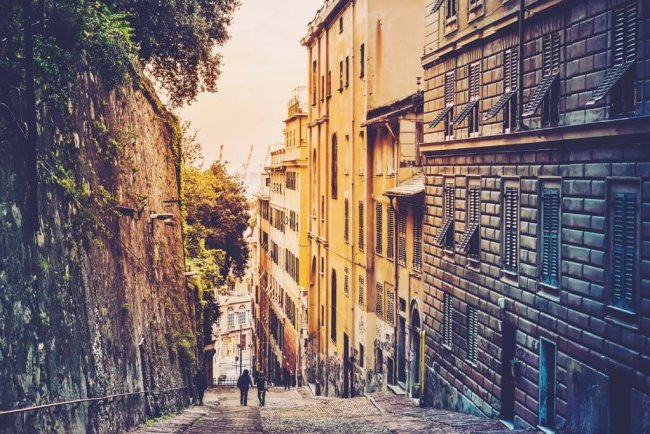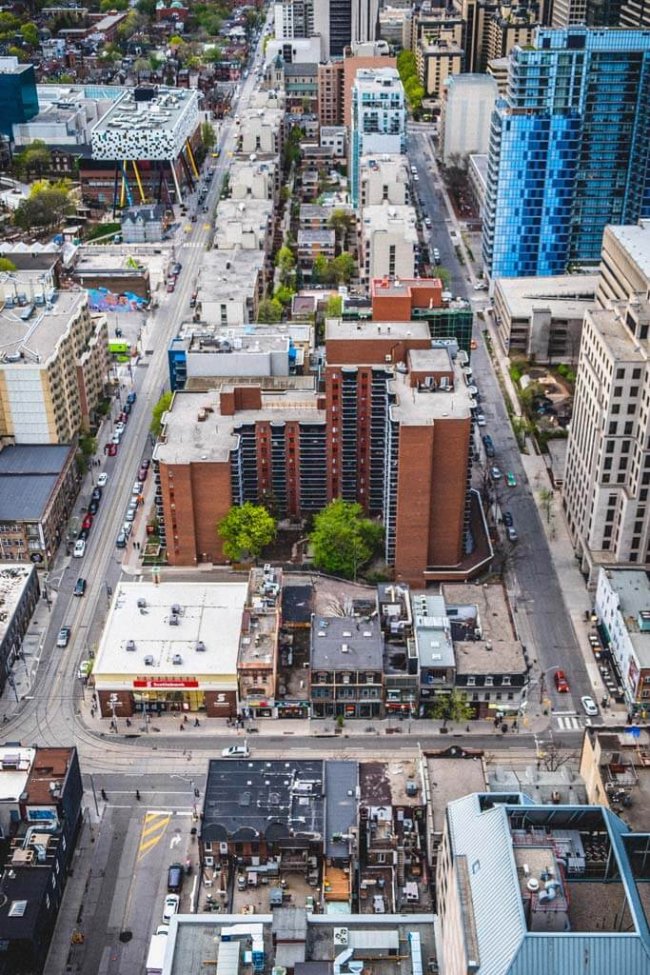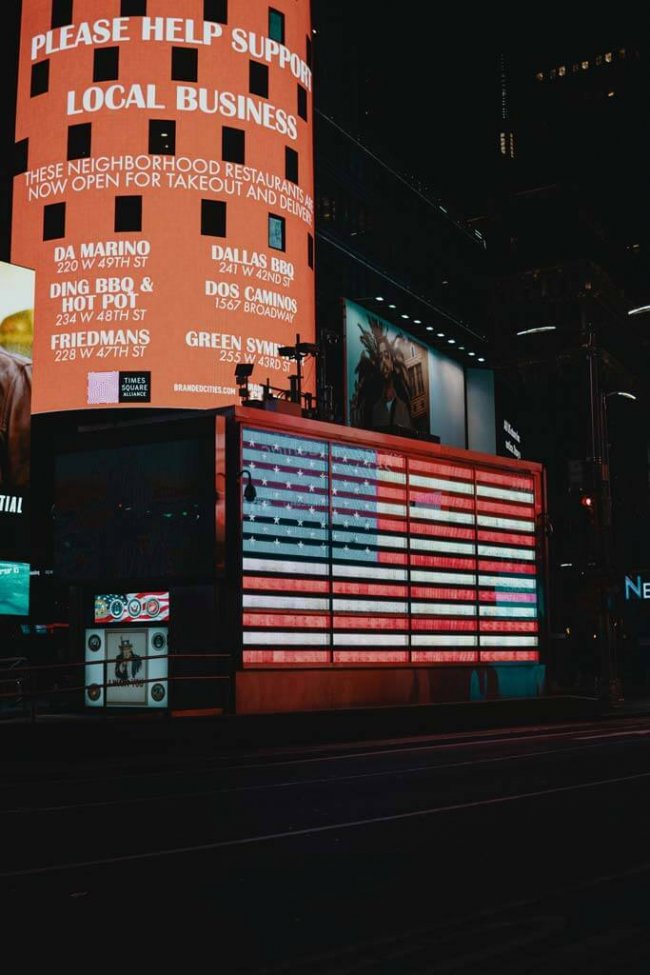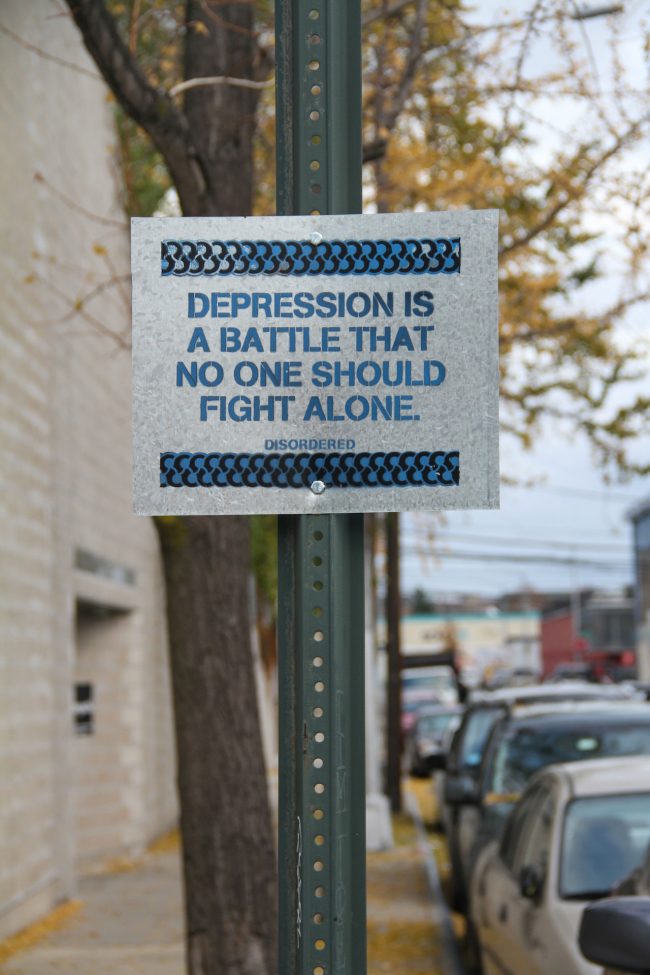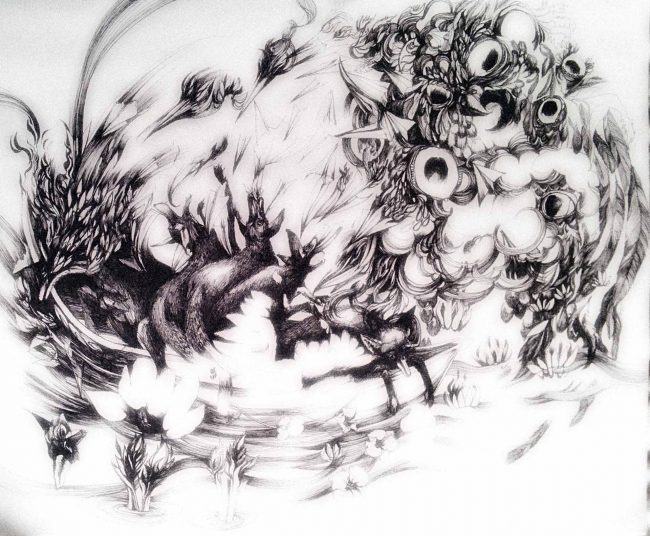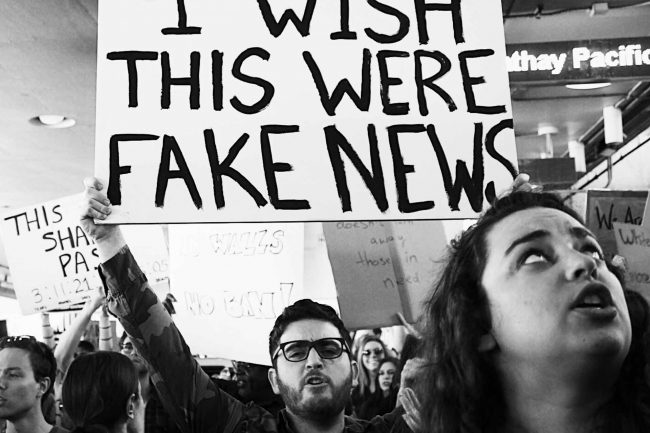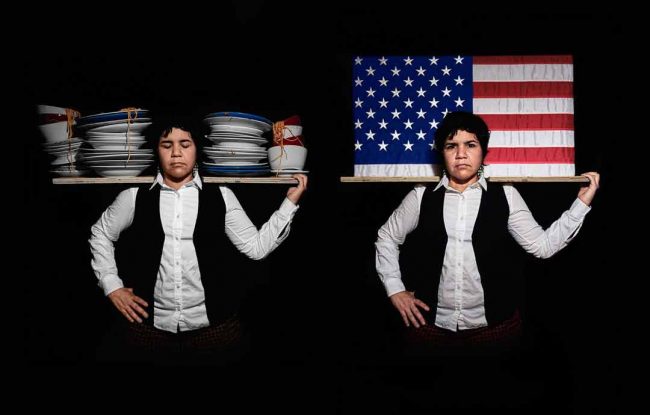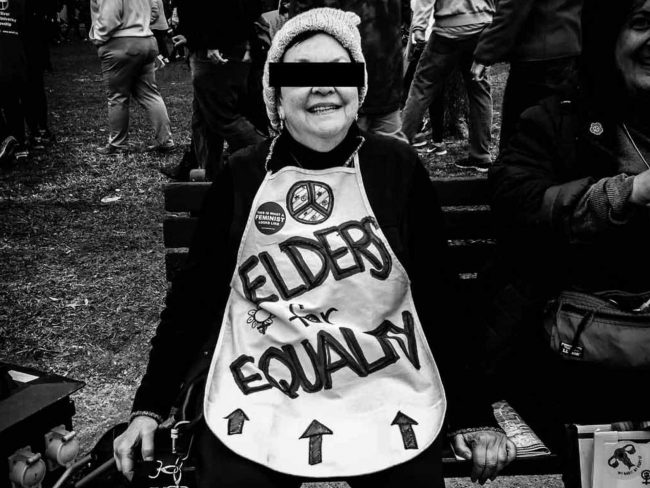Letter from Buenos Aires by Juan Pinetta
It is very interesting how this conversation is holding us all together, for in this state of affairs, our sense of safety is taxed to the limit. Even children who are the age of my daughter are dying. The situation is worrying. So I wonder: What remains of the thinking apparatus in times of catastrophe when we must make catastrophic changes?


